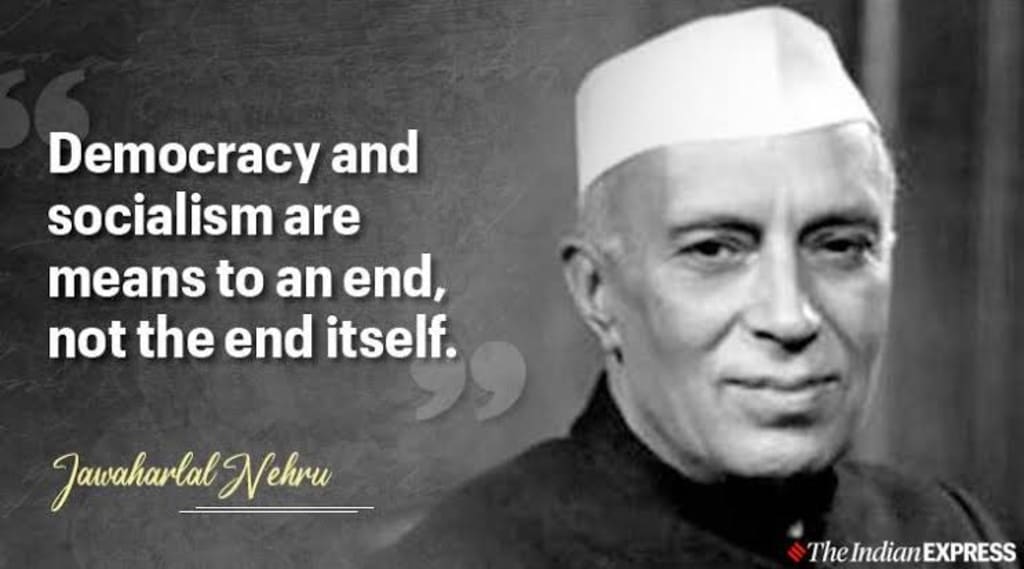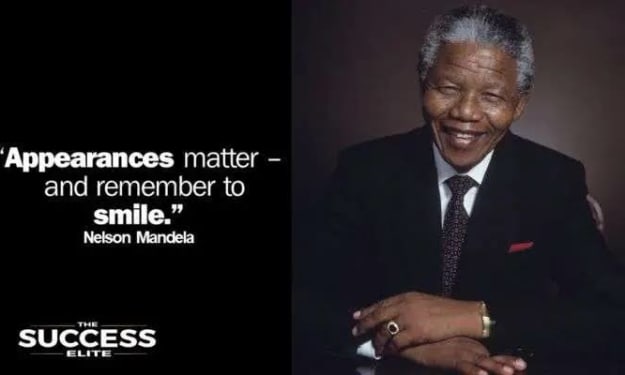
Nehruji, often referred to as Jawaharlal Nehru, was a prominent political leader and the first Prime Minister of India. He played a significant role in the Indian independence movement and was one of the key figures in shaping the country's post-independence trajectory. Here's an overview of Nehruji's life and contributions:
Early Life and Education:
Jawaharlal Nehru was born on November 14, 1889, in Allahabad, British India. He came from a prominent Kashmiri Brahmin family. His father, Motilal Nehru, was a renowned lawyer and a prominent leader in the Indian National Congress (INC).
Nehruji received his early education at home and later attended Harrow School in England and then Trinity College, Cambridge. He studied law and returned to India in 1912, where he started practicing law.
Role in the Indian National Congress:
Nehruji joined the Indian National Congress and was deeply influenced by the party's ideology of freedom and independence from British rule. He worked closely with Mahatma Gandhi, the leader of the independence movement, and played an active role in various nonviolent protests and civil disobedience movements.
Nehruji was known for his eloquence and passion for social justice. He advocated for a secular, socialist, and democratic India, emphasizing the importance of education, industrialization, and social welfare.
Independence Struggle:
Nehruji actively participated in various movements and campaigns against British colonial rule. He was arrested multiple times for his involvement in civil disobedience movements, including the Salt March and the Quit India movement.
During the 1930s and 1940s, Nehruji emerged as one of the prominent leaders of the Indian National Congress. He became the President of the party multiple times and played a crucial role in negotiating with the British government for India's independence.
First Prime Minister of India:
India achieved independence on August 15, 1947. Nehruji was appointed as the first Prime Minister of India, a position he held until his death in 1964. He faced numerous challenges as the leader of a newly independent nation, including partition-related violence, the integration of princely states, and the task of nation-building.
Nehruji's government implemented several key policies and initiatives, including land reforms, the promotion of secularism, the establishment of public sector industries, and the introduction of Five-Year Plans to drive economic growth. He played a crucial role in shaping India's foreign policy, advocating for non-alignment and fostering alliances with other newly independent nations.
Legacy and Impact:
Nehruji's leadership and vision had a profound impact on India's political, social, and economic landscape. He laid the foundation for a democratic and secular nation, promoting the values of inclusiveness and unity in diversity. His emphasis on education and science laid the groundwork for India's technological and educational advancements.
Nehruji's policies and ideology, often referred to as Nehruvian socialism, influenced the development of the Indian economy and welfare state. However, his tenure as Prime Minister also faced criticism for certain challenges and shortcomings, including economic setbacks and border disputes with neighboring countries.
Jawaharlal Nehru passed away on May 27, 1964, leaving behind a lasting legacy as a statesman, leader, and architect of modern India. His birthday, November 14, is celebrated as Children's Day in India to honor his love and commitment to the welfare and education of children.
Here are some quotes by Jawaharlal Nehru, the first Prime Minister of India:
"A moment comes, which comes but rarely in history, when we step out from the old to the new, when an age ends, and when the soul of a nation, long suppressed, finds utterance."
"The only alternative to coexistence is codestruction."
"Facts are facts and will not disappear on account of your likes."
"The policy of being too cautious is the greatest risk of all."
"The individual is the central figure of a democratic society. Our objective is to create a society in which the individual finds fulfillment."
"To be in good moral condition requires at least as much training as to be in good physical condition."
About the Creator
Charlee k
Peru Army Lover






Comments
Charlee k is not accepting comments at the moment
Want to show your support? Send them a one-off tip.